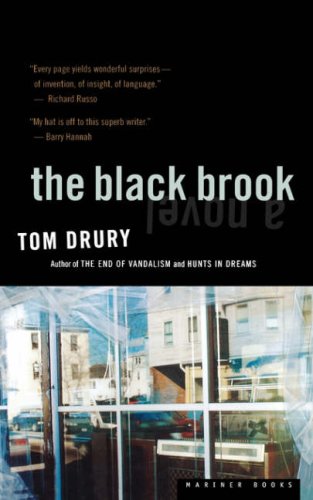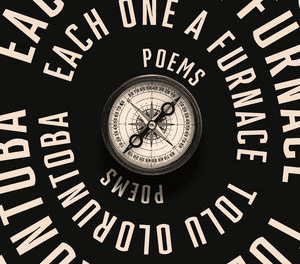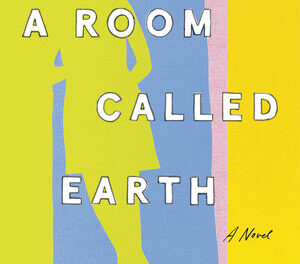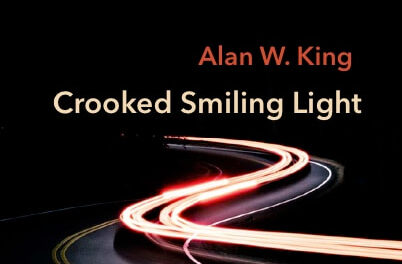 Brian Trapp: I’m in my reading year, which means I have to trudge through Proust and Joyce and other Very Important Authors. But I also get to read lesser known authors who would be just as Very Important if there were any justice in this cold, black universe. Tom Drury is one of these. My favorite of his novels is The Black Brook. Drury is a skilled practitioner of skewed realism. Like the dog trapped in a car at the beginning of the novel, he sees our world with a slightly crooked head and a messed-up equilibrium. The most absurd details are reported in a deadpan narration.
Brian Trapp: I’m in my reading year, which means I have to trudge through Proust and Joyce and other Very Important Authors. But I also get to read lesser known authors who would be just as Very Important if there were any justice in this cold, black universe. Tom Drury is one of these. My favorite of his novels is The Black Brook. Drury is a skilled practitioner of skewed realism. Like the dog trapped in a car at the beginning of the novel, he sees our world with a slightly crooked head and a messed-up equilibrium. The most absurd details are reported in a deadpan narration.
The protagonist of The Black Brook is Paul, an ex-mob accountant under witness protection, and we follow his picaresque adventures as he leaves his wife, runs from mobsters, works for a newspaper, and encounters a ghost. Paul operates with limited interiority, without a clear moral compass, and without learning from his mistakes. Rather than knotting neatly, the plot strands in the novel tend to unravel, pulling us along to experience what Drury truly cares about: dialogue and digression. It helps that Drury is a master of comic dialogue. (As a writer, I feel that every time I read Drury, my dialogue gets better. Try it sometime.) And his minor characters glow with a Dickensian vividness. The Black Brook asks: if real life doesn’t follow a linear plot, why should we, as writers, try to make it seem as if it does in our novels? It is as though Drury is saying that life is a bunch of disconnected stories, but the cumulative effect is something far greater. As Drury writes, “God was math, but math that gave the appearance of love because it added up.”










